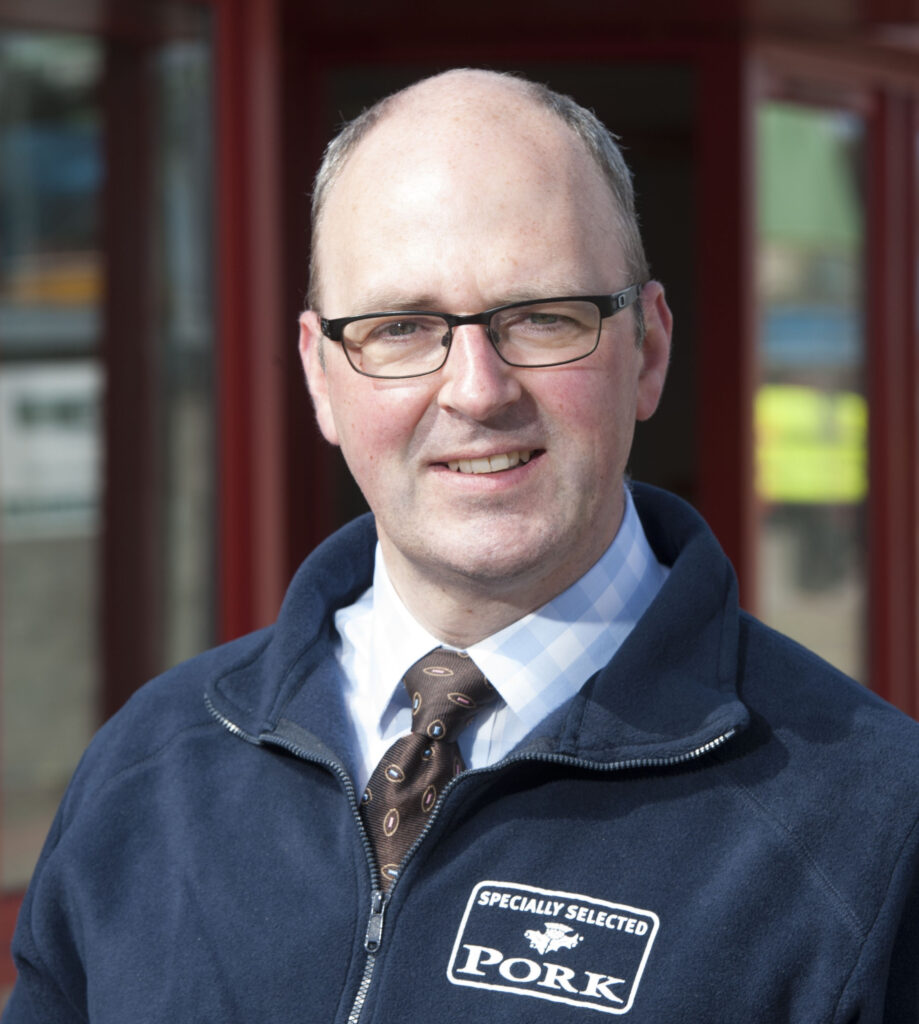Andy McGowan, managing director of pig marketing cooperative Scottish Pig Producers, and Wholesome Pigs (Scotland) that coordinates health improvement initiatives, sets out his concerns over the African swine fever threat and why the industry needs to take action
I recently attended the global consultation on ASF control organised by the Food and Agriculture Organization of the United Nations in Rome on behalf of Quality Meat Scotland (QMS).
The facts are stark. 90 countries are currently grappling with ASF outbreaks and only two have managed to successfully eradicate it after isolated outbreaks in wild boar. Asian countries are moving towards an official policy of control because eradication is not feasible.
The EU still has eradication as its objective, yet the number of outbreaks in domestic pigs was five times higher last year than in 2022 – 14 Member States have outbreaks right now.
Across the world we’ve seen this virus spread primarily through wild boar or by domestic pigs accessing infected food products, which is why the government approach to border controls has been so disappointing.
The National Audit Office’s (NAO) recent damning report into UK border controls only confirmed our worst fears. It stated that: “The government is still operating only a partial import control regime, after delaying the implementation of full controls five times.”
APHA has undertaken less than 10% of the physical checks required by the so-called risk-based approach. Whilst the government claim to be short of money, but they have spent an eye-watering £320m on inspection facilities that they subsequently decided were not required.
All this is frankly disgraceful, but whilst our representative organisations will undoubtedly keep the pressure on to improve border controls, we as an industry need to make sure our own preparations are as good as they can be. The FAO consultation highlighted the importance of a swift and effective response in case of an outbreak.
Scottish Government recently funded Wholesome Pigs (Scotland) to run the national PRRS elimination programme and improve command & control systems for ASF.
An early focus will be benchmarking biosecurity, which was effective in the PRRS Area Regional Control Programme in Northern Ireland, featured in the May Pig World.
ScotEID (Scottish movement recording system) is industry owned so WP(S) has rapid access to movement and location data for tracing diseases. Quarterly veterinary reports from the QMS assurance scheme are collated to provide clinical observations and provide an early warning system. All the data is integrated and analysed by SRUC epidemiologists
in Inverness.
Research indicates that the chances of ASF spreading from one infected indoor pig farm to another is around 0.2%, while the risk of an infected wild boar or feral pig spreading the disease to an outdoor farm is closer to 50%.
QMS lead a Feral Pig Working Group that is training those on the ground in effective trapping and culling techniques. It is fantastic to have such enthusiastic engagement from public and private landowners, with waiting lists for every training course.
The NAO concluded that ‘government has no clear timetable for the implementation of its strategy to achieve its ambition of having ‘the world’s most effective border’ – we may be waiting a while, so it is imperative that we concentrate on managing those risks that are under our own control.




